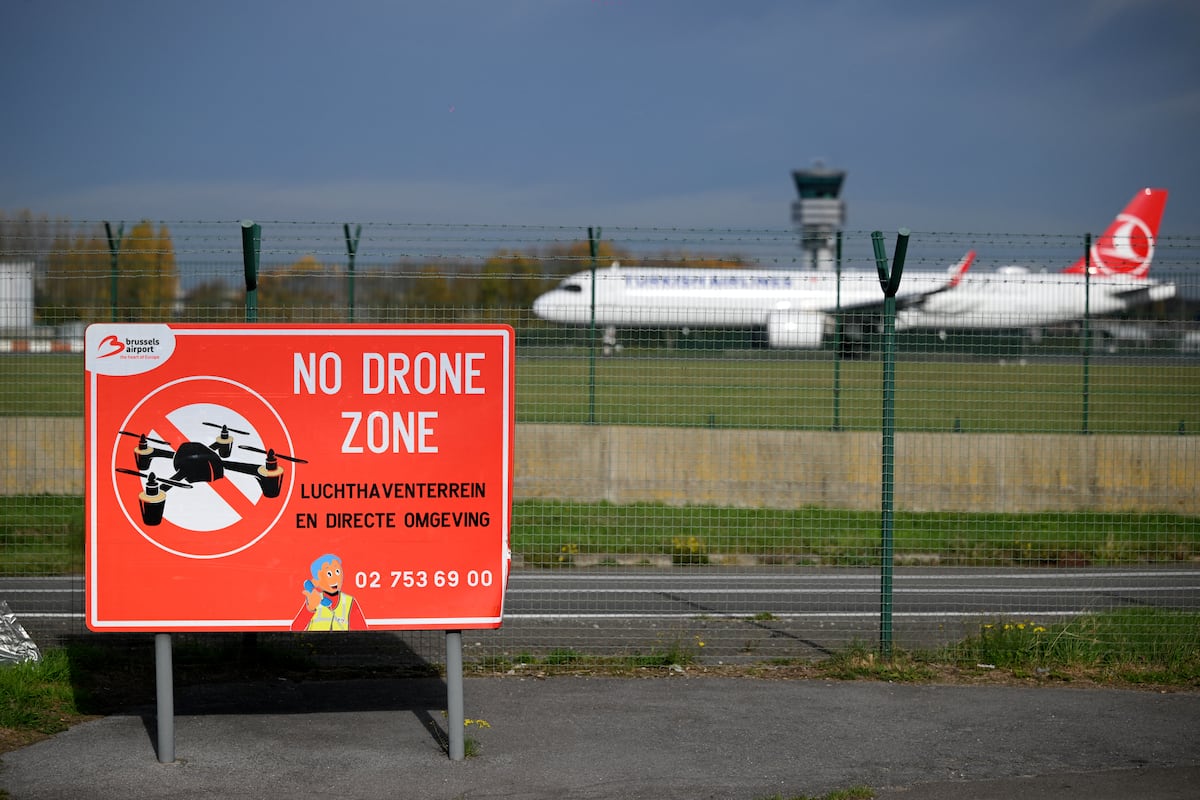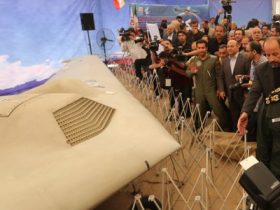BERLIN — The German military has sent specialists to Belgium to help authorities there combat drones following sightings near crucial military facilities, including those housing nuclear weapons.
The Bundeswehr announced the move in a press release late Thursday. According to the military, first units of the Luftwaffe – Germany’s air force – have already arrived in Belgium, where they are investigating the situation on the ground and coordinating with the Belgian armed forces. Further German forces would “soon follow,” the military said.
Belgium had requested assistance from Germany following a “significant increase” in sightings of unidentified unmanned aerial vehicles, including in the vicinity of Belgian military facilities, according to the German government.
Germany was the only country capable of helping “immediately and comprehensively” with the neighboring country’s “considerable drone problem,” German Defense Minister Boris Pistorius told Defense News on Friday.
The first of several drone sightings over Belgium occurred on Oct. 31 at the Kleine-Brogel military air base, followed by sightings near civilian airports that have disrupted air travel in the following days.
Kleine-Brogel hosts sensitive military assets, including U.S. nuclear weapons. Other air bases that have experienced drone sightings in early November also includes the airbase that Belgium’s freshly-delivered F-35 fighter jets are currently located at.
Belgian authorities have said they had “little doubt” that a state actor is behind the incursions, with Russia being named as a suspect in intelligence circles, Belgian media reported.
In its statement, the German government described the troops it was sending to Belgium as “specialized forces of the air force for the detection of and defense from small unmanned aerial vehicles.”
The defense ministry in Berlin described the mission as being of “limited duration,” though it did not specify how long it was planned to continue. The Bundeswehr’s press office declined to provide additional details about either the duration of the mission or the units involved.
The German defense ministry emphasized the speed of the deployment, saying that it proved the close cooperation within NATO and European solidarity in “dealing with hybrid threats.”
Linus Höller is Defense News’ Europe correspondent and OSINT investigator. He reports on the arms deals, sanctions, and geopolitics shaping Europe and the world. He holds a master’s degrees in WMD nonproliferation, terrorism studies, and international relations, and works in four languages: English, German, Russian, and Spanish.
Read the full article here








Leave a Reply